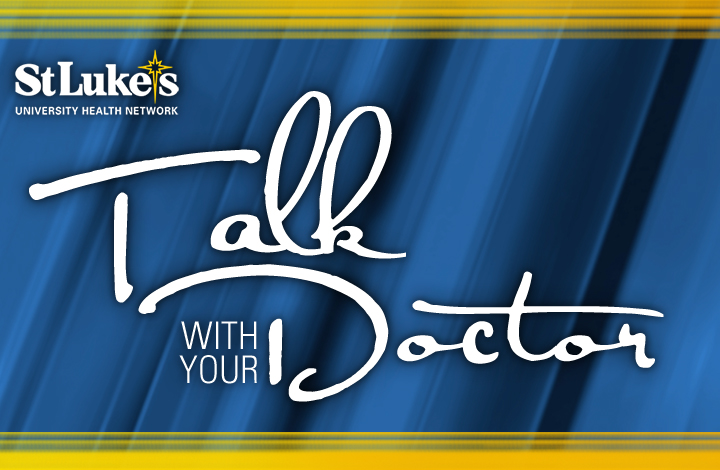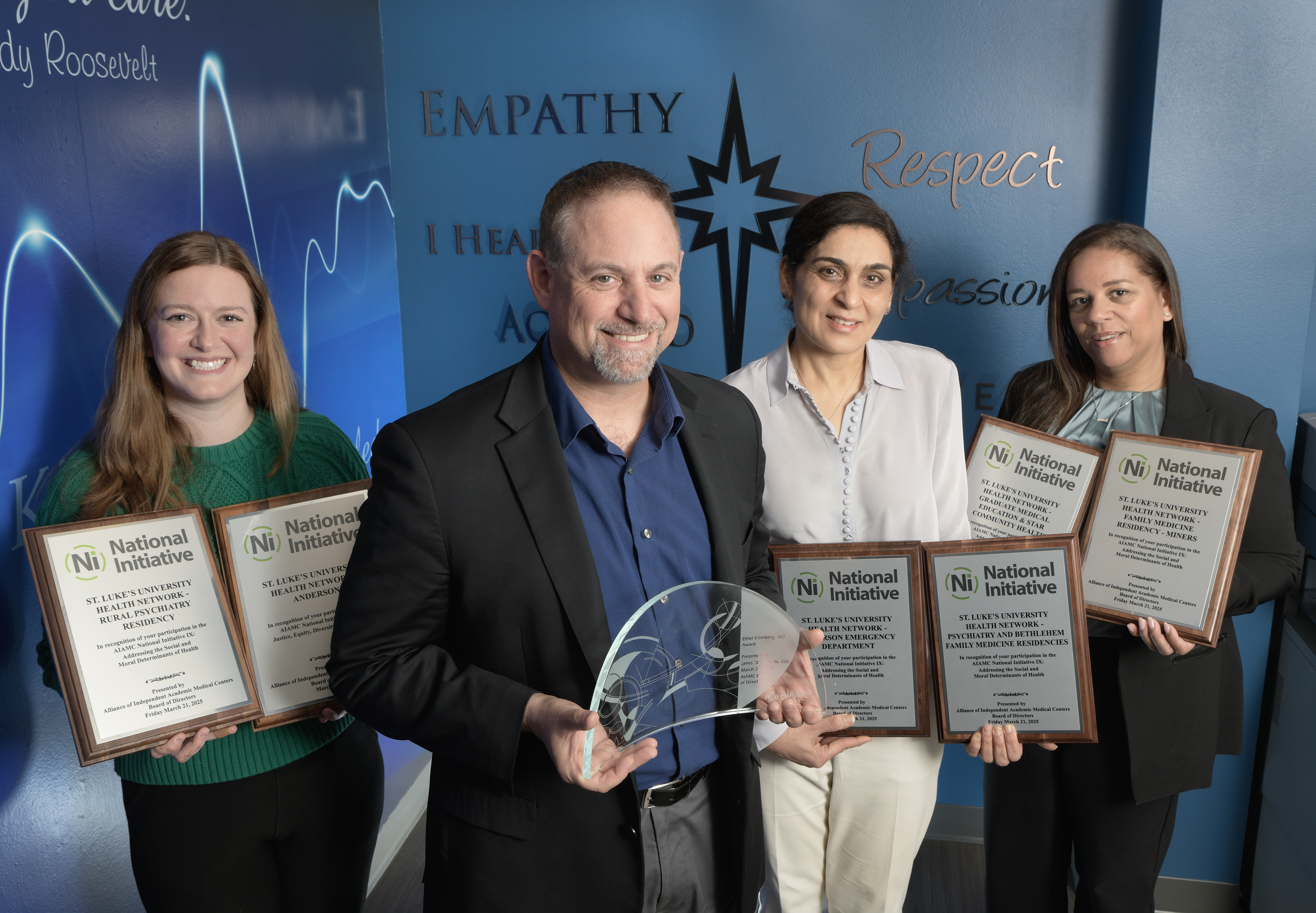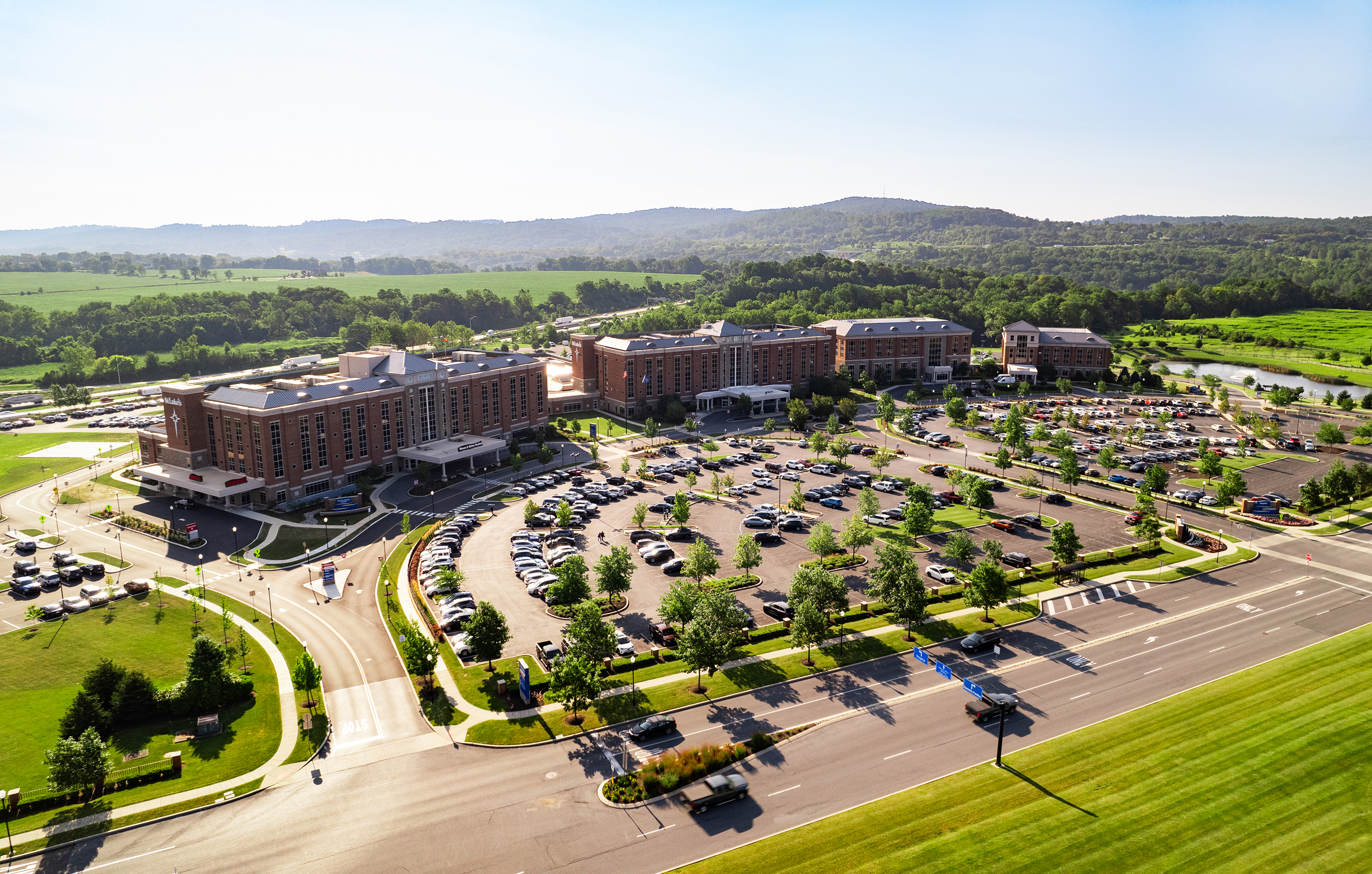St. Luke’s First in Region with Revolutionary Procedure to Relieve Chronic Pain
October 27, 2017
Patient: ‘I had no pain. I hugged Dr. Qureshi and burst into tears.’
St. Luke’s is one of the first health care providers in the country – and the only one in the Lehigh Valley – to perform pioneering “DRG stimulation” to relieve chronic pain.
Throughout decades of suffering from unbearable chronic pain in his foot, Frank Kiss of Bethlehem, Pa., tried nearly anything and everything for relief. He underwent multiple surgeries and nerve blocks, tried acupuncture and hypnosis, had steroid injections, took numerous potent prescription medicines and sought help from medical specialists, a psychologist and surgeons.
The result was always the same. “The pain was still there,” says Frank today. “It was so bad, I begged doctors to take my foot off.”
Frank Kiss, who suffered from chronic foot pain.
Then, Frank and his wife, Cindi, heard about a new procedure called Dorsal Root Ganglion (DRG) stimulation being performed by doctors at St. Luke’s University Health Network. The ultra-specific spinal cord stimulation procedure provides unprecedented relief for patients with Complex Regional Pain Syndrome (CRPS) in the lower body, particularly the foot, knee and groin.

Steven M Falowski, MD

Farooq A Qureshi, MD
DRG stimulation was approved by the FDA in April 2016. Functional neurosurgeon Steven Falowski, MD, and pain specialist Farooq A. Qureshi, MD, of St. Luke’s Spine & Pain Associates, were among the first doctors in the United State to receive special training in the procedure.
Performed in an outpatient setting, DRG stimulation targets the exact bundle of sensory nerve cell bodies (Dorsal Root Ganglions) to relieve pain where it occurs.
“It’s a pretty ground-breaking procedure,” Dr. Falowski said. “It shows St. Luke’s to be on the cutting edge by having access to it before other institutions in the country.”
Dr. Falowski is one of only six surgeons in the country who was initially selected and trained to perform the surgery. “This is the fastest growing area of neuroscience,” he noted.
Dr. Qureshi performed a trial procedure on Frank to see if it would provide relief. He uses a catheter to place the electric leads into the epidural space and place the lead along the proper DRG. If the procedure relieves the pain symptoms, patients schedule with Dr. Falowski for the permanent implant.
For Frank, the result was nothing short of miraculous. “I had no pain,” he recalled. “I hugged Dr. Qureshi and burst into tears.”
Dr. Falowski performs the permanent implantation of a small non-rechargeable generator that provides the electrical stimulation. The patient receives a handheld remote control that allows them to adjust the strength of current, or even power it off.
“DRG literally localizes pain relief for one body part,” Dr. Falowski explained. “For people like Frank who have significant pain in just the foot, we can guide the catheter along that nerve root until it’s over that nerve bundle to stop the pain from recurring.”
Frank underwent the two-step outpatient procedure last year and remains pain free. “As a patient, after so many years of pain, you lose faith and hope,” said Dr. Qureshi. “Procedures like DRG stimulation are going to transform the future for the treatment of chronic pain. It also enables us to provide relief without opioids and other expensive and potentially addicting narcotics.”
DRG results have been amazing, Dr. Falowski said after performing more than 40 of the procedures. “The success rates we’re having are near 80 percent complete pain relief.”
“I’d recommend DRG stimulation to anybody,” says Frank today. “To me, my doctors and my wife are my superheroes.”
“Frank has been through hell,” said Cindi. “He loves to mow the lawn. Now he can go out and play in the yard. He has his life back.”Media Contact:
Sam Kennedy, Corporate Communications Director, 484-526-4134, samuel.kennedy@sluhn.org
About St. Luke’s
Founded in 1872, St. Luke’s University Health Network (SLUHN) is a fully integrated, regional, non-profit network providing services at seven hospitals and more than 270 outpatient sites in the greater Lehigh Valley. The network’s service area includes 10 counties: Lehigh, Northampton, Carbon, Schuylkill, Bucks, Montgomery, Berks and Monroe counties in Pennsylvania and Warren and Hunterdon counties in New Jersey. In partnership with Temple University, St. Luke’s created the region’s first and only regional medical school campus. Dedicated to advancing health education, St. Luke’s operates the nation’s oldest School of Nursing and 23 graduate medical educational programs and is considered a major teaching hospital – the only one in its region. Repeatedly, including 2017, St. Luke’s earned Truven’s 100 Top Major Teaching Hospital and 50 Top Cardiovascular Program designations, in addition to other honors for clinical excellence. St. Luke’s is a multi-year recipient of the Most Wired award recognizing the breadth of St. Luke’s information technology applications such as electronic medical records, telehealth, online scheduling and pricing information. St. Luke’s is also recognized as one of the state’s lowest cost providers.
Read More NewsLatest News


April 10, 2025
National Recognition for SLUHN Graduate Medical Education

April 09, 2025
In Safe Hands Award

April 08, 2025
